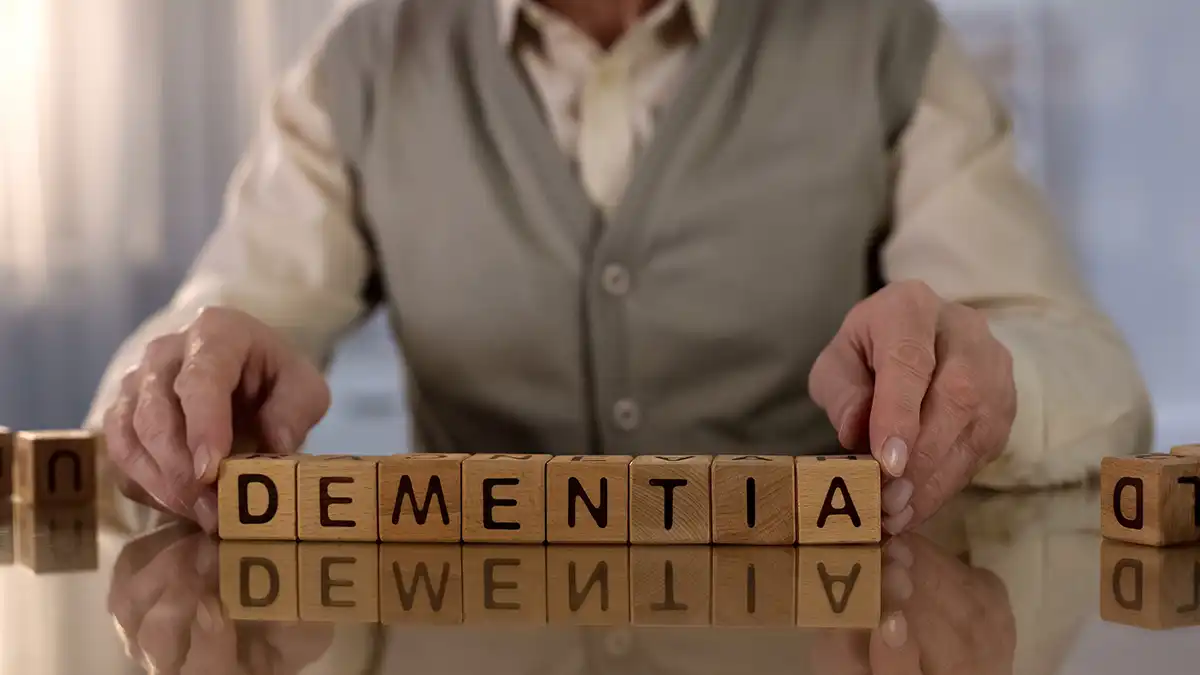Some years ago my Nan was experiencing extreme dizziness, forgetfulness, weakness, and other symptoms of dementia. After many check-ups and months of worry, she was found to be very low in sodium. It turns out this is just one of the many health issues that mimic dementia.
She’d given up salt for years after a cholesterol scare. Remember when salt was the dietary devil? Well, she increased the salt in her diet and she was solid again.
Turns out that this is not an uncommon occurrence. Older people often present similar symptoms. Because of their age, they are immediately thrown into the ‘it’s probably Alzheimer’s’ pile.
Low sodium is one of many health conditions that mimic the symptoms of Alzheimer’s. Medical procedures, a change of lifestyle or medication can address many of these issues. If you’re concerned about forgetfulness or other similar signs of dementia, you should seek medical advice, and then a second, third and fourth opinion, before settling on a dementia diagnosis.
Read: Is avoiding dementia as simple as brushing your teeth.
Here are some other health issues that mimic dementia:
1. Medication
You may have been taking the same medicines for years, but as you age, your body changes the way it metabolises and processes them. This can lead to a build-up of toxins or your dosage and can cause memory impairment. Anyone taking opiates and other painkillers, sleep and anxiety medicine, steroids or muscle relaxants who are experiencing dementia-like symptoms should seek advice and maybe have their dosage changed.
2. Normal pressure hydrocephalus (NPH)
Normal pressure hydrocephalus (NPH) is a gradual build-up of spinal fluid in the brain, which causes inflammation and can damage brain tissue. NPH can be spotted by a slow gait (as can Alzheimer’s), and other symptoms include problems with thinking and memory, low concentration and incontinence. Sound familiar? NPH is also detected by an MRI and relieved with a shunt inserted into the brain.
3. Liver and kidney disease
You don’t have to be taking meds to experience toxic build-up. People with kidney or liver disease may have also have an accumulation of nasties in their blood. This can slow your thinking, blunt your mind and mess with your mentals – and can sometimes result in major neurocognitive disorder (Major NCD).
4. Severe depression
Severe depression can mimic dementia, through a syndrome of cognitive impairment called pseudo-dementia. Treatment of pseudo-dementia is possible. If not treated, people with this condition are highly likely to develop Alzheimer’s very quickly. Fixing depression is not easy but possible through therapy, medication, yoga or meditation.
Read: Could my wife’s forgetfulness be dementia?
5. Hormone disruption
Endocrine organ disorders obstruct the hormones normally transported in your bloodstream and control metabolic activities that, when not operating optimally, can damage cognition and disrupt your thinking.
6. Urinary tract infection (UTI)
A build-up of bacteria in the bladder usually causes pain and fever, but in older people these symptoms are less common. For them, symptoms include sudden memory problems, confusion, delirium, dizziness, agitation and, sometimes, hallucinations. Despite this, some experts say that these symptoms only occur to those who already have, or are likely to develop, dementia.
7. Disorders of the heart and lungs
If anything interferes with the two organs that deliver blood and oxygen to your brain, Major NCD could follow, as could symptoms such as dullness, dizziness, memory impairment and overall executive function.
8. Vascular dementia
Vascular dementia takes on two forms. One is a result of a major stroke and the other, subcortical vascular dementia, which is caused by mini-strokes. This leads to impairment of speech and bodily functions which can be confused with Alzheimer’s. Vascular dementia can be relieved through cognitive rehabilitation or medication.
9. Brain tumour
A tumour on your brain, malignant or benign, may press on parts of it that control cognitive function, presenting signs similar to dementia. Many of these can be surgically removed and the earlier you have it diagnosed, the higher the success rate.
10. Vision and hearing issues
Your eyesight and hearing obviously play a huge part in your balance and how your brain processes information, so if either are out of whack, you can feel a little ‘demented’. There are a range of common vision problems that can lead to dementia. Best get hearing problems treated soon, too, as hearing loss can quickly lead to cognitive impairment.
11. Subdural haematoma
Otherwise known as internal bleeding, a subdural haematoma usually occurs as a result of a head injury. A haematoma causes increased pressure that can lead to dementia-like symptoms. This can be surgically drained or, sometimes, can go away unaided. It’s best to seek medical advice before you make that call, though.
12. Infections
Your body can react to infections in different ways, sometimes by affecting your mental functioning and making it look like you have dementia. Infections such as syphilis or Lyme disease can mimic Alzheimer’s.
Read: Vaccine could be the ‘penicillin moment’ for cancer
13. Toxic metals
As discussed earlier, a build-up of toxins in your blood can mimic dementia. Industrial exposure, air or water pollution, foods such as large ocean-dwelling fish, medicines, food containers, plates, and cookware or accidental ingestion of lead-based paints can lead to heavy metal toxicity.
14. Alcoholism
Heavy drinking over an extended period of time, or even binge drinking, can destroy brain cells critical to thinking, decision making and retaining memories. It can also lead to permanent brain injury and impairment of cognitive functions. When combined with other medications, alcohol can also lead to issues with memory and decision making, as well as managing time and otherwise simple tasks. If you suspect that you’re abusing alcohol, seek help.
Were you aware of these health issues that mimic dementia and similar symptoms to Alzheimer’s? Do you often feel you have dementia or other cognitive decline? Does this information help you rest easier?
Health disclaimer: This article contains general information about health issues and is not advice. For health advice, consult your medical practitioner.

